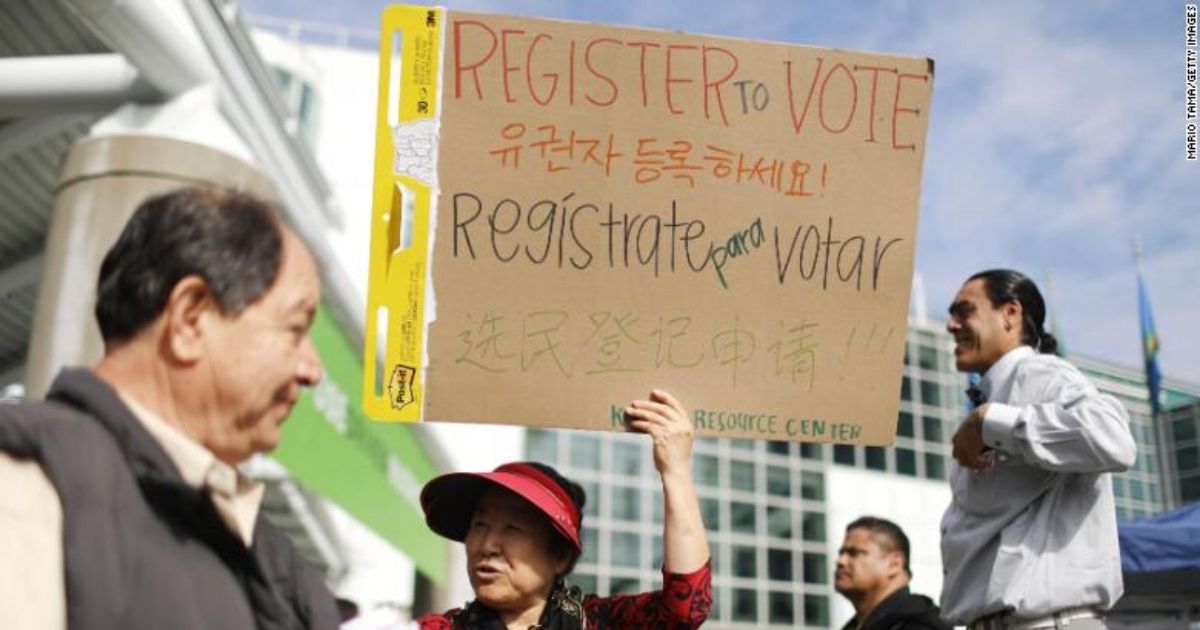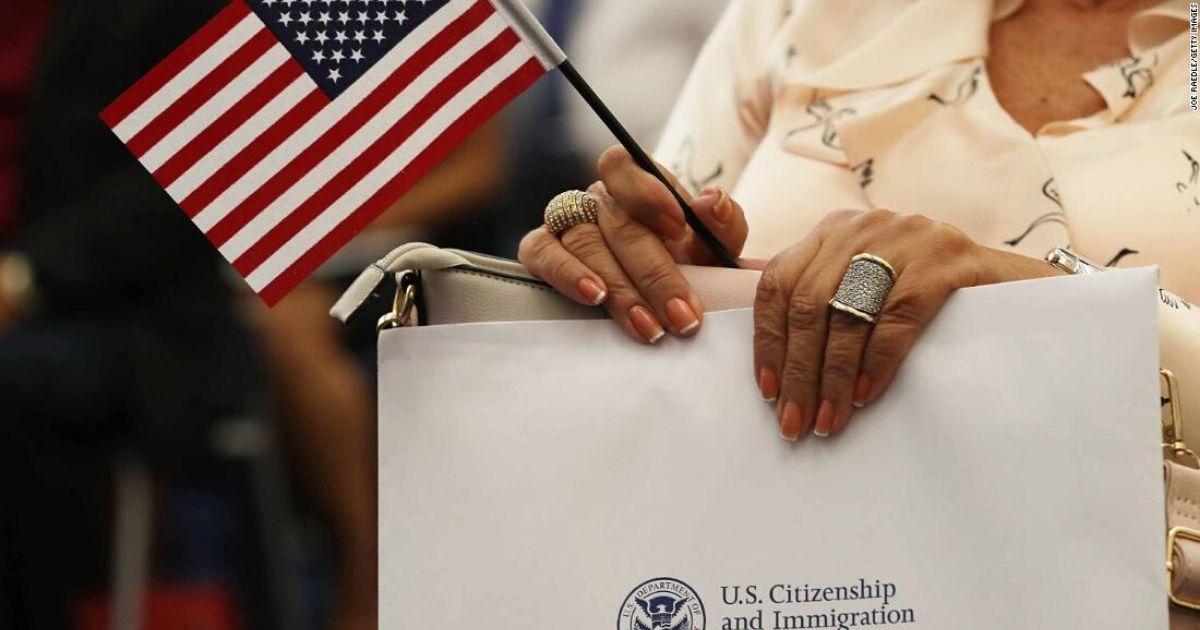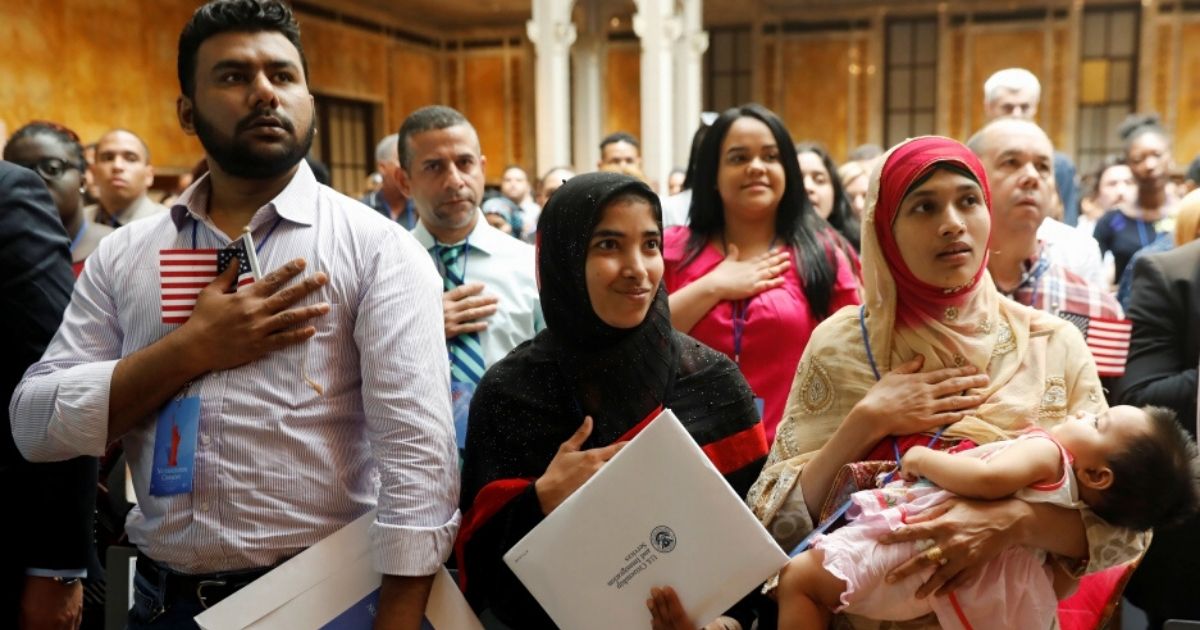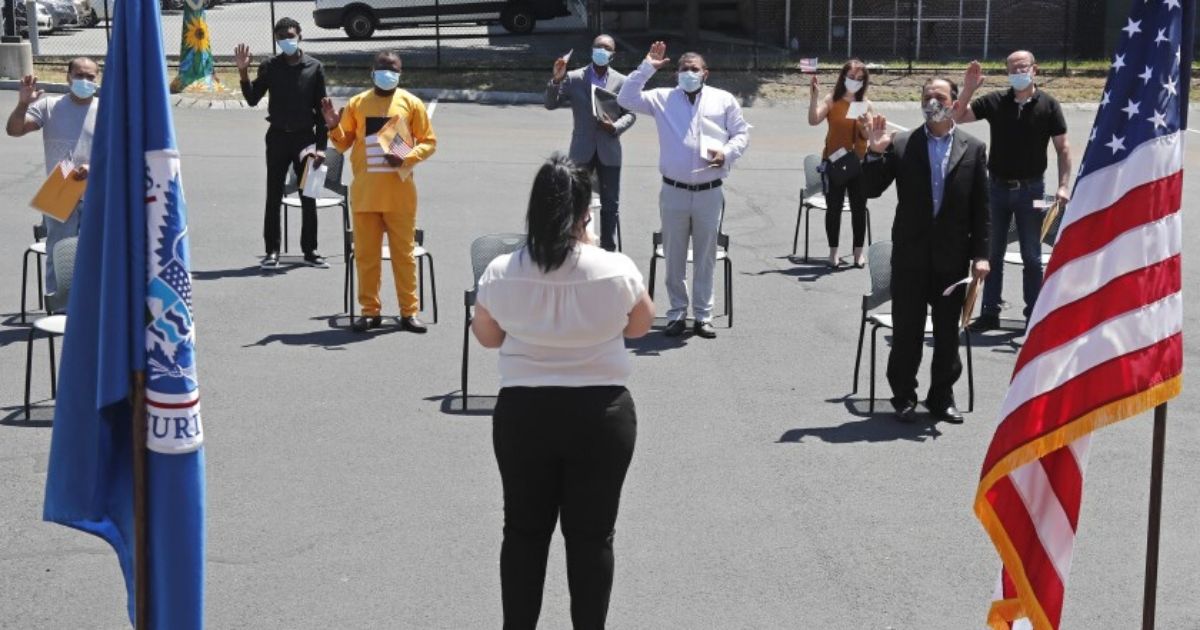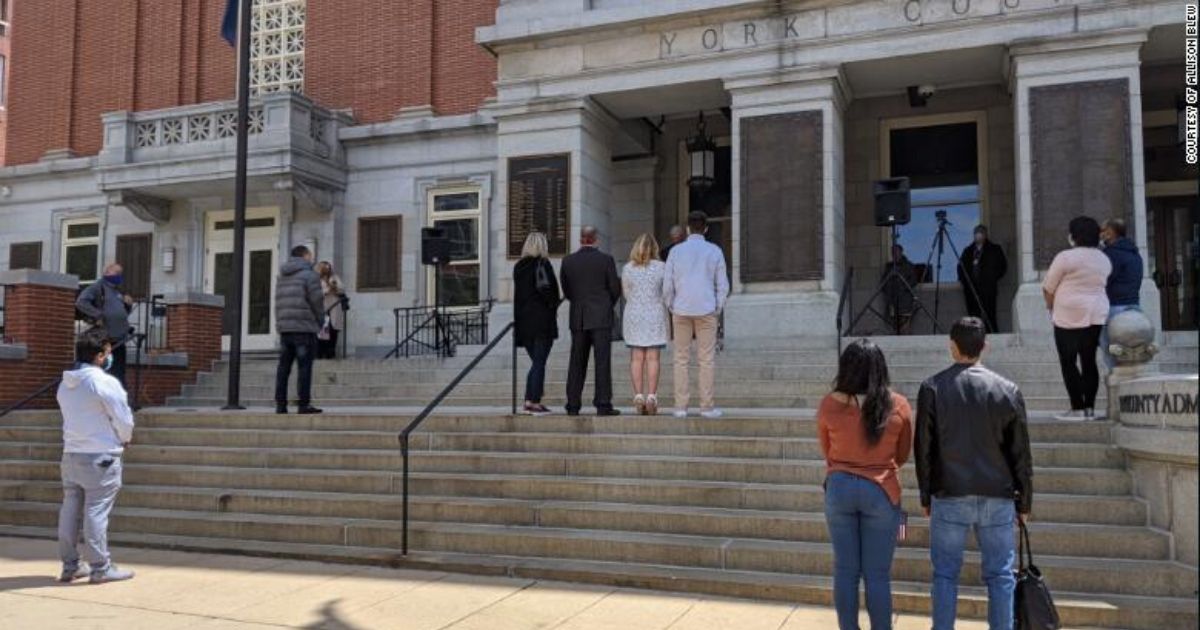A Seattle-based Boundless Immigration gave a warning that due to the large number of ceremonies that were halted, thousands of would-be American citizens might not make the cut in time to vote in November unless officials take the necessary steps to push through the backlog.
According to US Citizenship and Immigration Services officials, they’re reopening some offices this week and will start to reschedule ceremonies while following CDC’s guidelines to protect the public and workers.
Based on a Boundless analysis of government data, around 765,000 people become US citizens yearly.
This means that more than 120,000 immigrants who would have taken citizenship oaths over the past few months are waiting for announcements on when their ceremonies will be rescheduled, and the number gets higher with each passing day.
Other lawmakers and advocates say there’s a simple solution that would speed up citizenship ceremonies while eliminating concerns about social distancing: administering the oath ceremonies remotely.
“Here’s a great example of something that could be done virtually and achieve the same outcomes,” Boundless CEO Xiao Wang says. “That would be the one lever that would actually start driving down the backlog and make a difference.”
USCIS said that it plans to shorten oath ceremonies and limit the attendance to those being sworn in and individuals providing assistance for the disabled. However, the agency that schedules and oversees naturalization ceremonies says its citizenship oaths won’t happen remotely.
“Naturalizing new United States citizens is a critical benefit we administer at USCIS and we’re working hard to resume that process,” says Joseph Edlow, the agency’s deputy director for policy.
“However, we will not ignore federal law, which has clear in-person requirements for naturalization, in the name of convenience or expediency.”
Under the Federal law, citizenship applicants must “appear in person in a public ceremony,” except under exceptional circumstances such as incapacitating disability.
Democratic Sen. Martin Heinrich and Republican Sen. Marco Rubio urged the agency to consider administering remote oaths in a recent letter. And a coronavirus relief bill passed by the House last month included provisions for holding remote ceremonies temporarily due to the coronavirus pandemic.
Meanwhile, advocates argue that remote citizenship ceremonies should be allowed under existing regulations.
“They’re picking and choosing which portions of the law they are highlighting. The logistical problems, are solvable and could be overcome with the will to do so. It’s disingenuous to say that they can’t do it for legal reasons,” Melissa Rodgers said, director of programs for the Immigrant Legal Resource Center, which leads the New Americans Campaign, a program that works with nonprofits across the United States to help lawful permanent residents of the country to become citizens.
Rodgers added that regulations allow officials to waive certain requirements in special circumstances.
“If this is not a special circumstance, what is?”
In York County Courthouse, the scene that played out was different from a typical citizenship ceremony.
Instead of being packed into a meeting room, auditorium, or courtroom with well-wishers looking on, each new citizen stood far apart. They were outside wearing face masks, and the ceremony was shorter and smaller.
“The rate of these new ceremonies are increasing as our workforce becomes more adept at implementing them for larger groups and when appropriate health and safety precautions can be followed,” Edlow said.
He added that the agency started using “new social distancing formats” for ceremonies even as other in-person services remained on hold.



